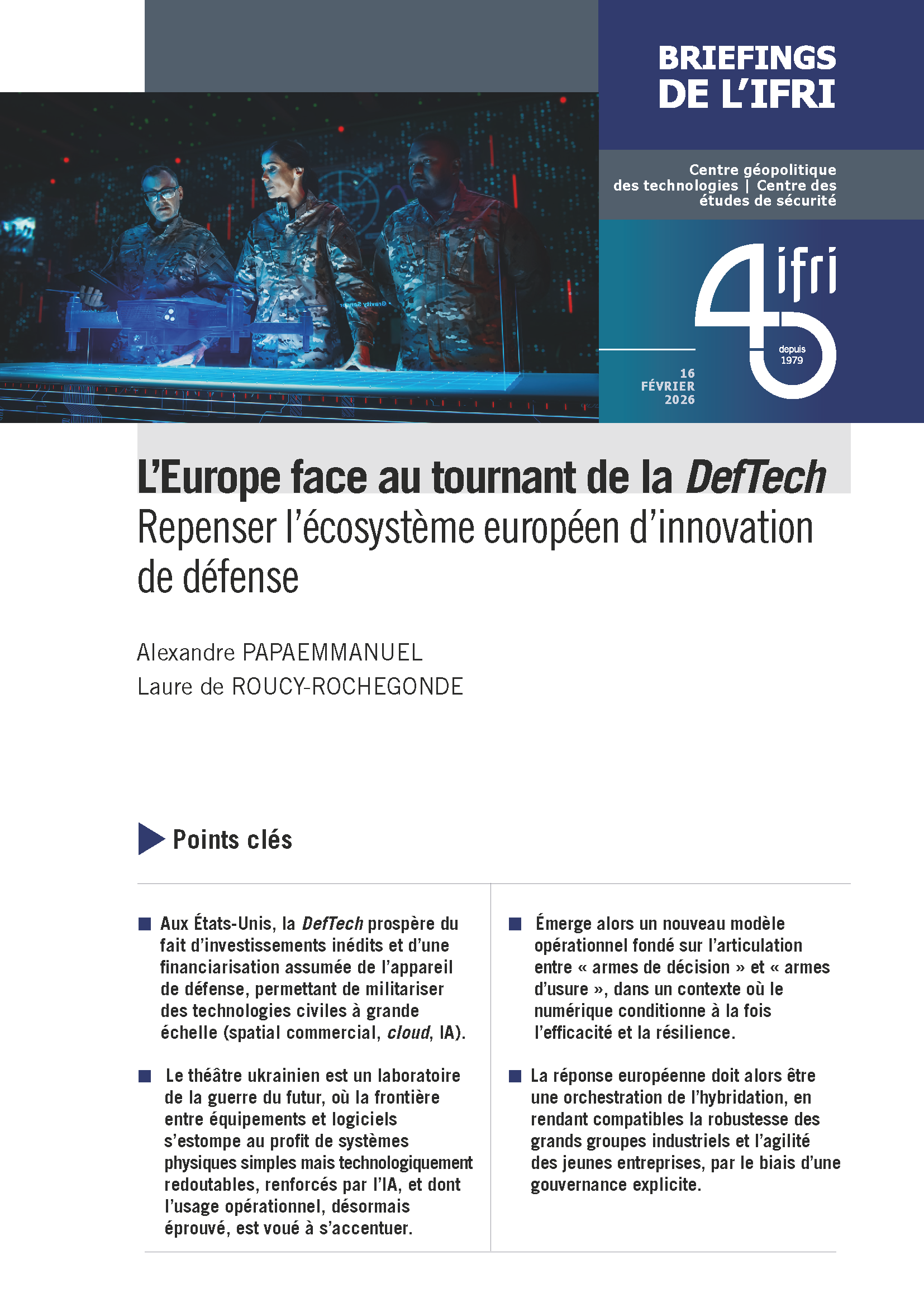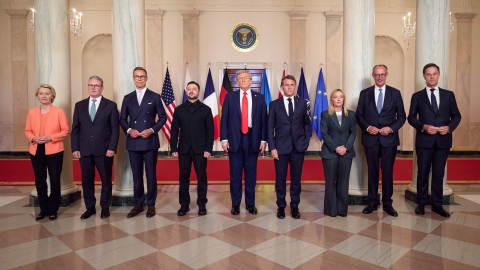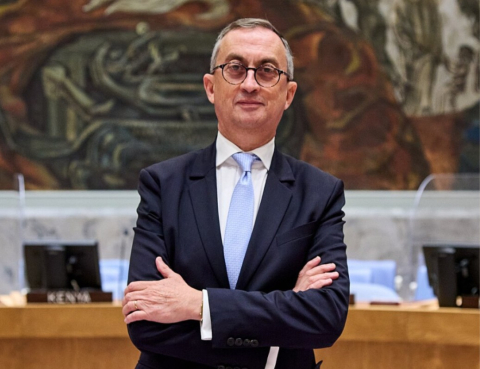From the Periphery to the Center: China's Participation in WTO Negotiations

Informations pratiques
Centres et programmes liés
Ceci est un événement réservé.
En savoir plus sur nos programmes de soutienSeminar with Henry Gao, Associate Professor, School of Law, Singapore Management University; Dongfang Scholar Chair Professor, Shanghai Institute of Foreign Trade.
Chair: Francoise Nicolas, Director, Center for Asian Studies, Ifri.
In November 2001, China finally acceded to the World Trade Organization after a marathon accession negotiation that lasted 15 years. As China"s accession coincided with the launch of the Doha Round, many commentators predicted that China"s participation in the trade negotiations would have significant impacts on the Round. However, this has not proven to be the case. What have been the approaches taken by China in global trade negotiations? Why did China adopt these approaches? How did China"s different negotiating approaches affect the dynamics of trade negotiations? These are the questions that will be addressed by the speaker.
Prof. Henry Gao is Associate Professor of law at Singapore Management University and Dongfang Scholar Chair Professor at Shanghai Institute of Foreign Trade. With law degrees from three continents, he started his career as the first Chinese lawyer at the WTO Secretariat. Before moving to Singapore in late 2007, he taught law at University of Hong Kong, where he was also the Deputy Director of the East Asian International Economic Law and Policy Program. He has taught at the IELPO program in Barcelona and the Academy of International Trade Law in Macau, and was the Academic Coordinator to the first Asia-Pacific Regional Trade Policy Course officially sponsored by the WTO. Widely published on issues relating to China and WTO, Prof. Gao"s research has been featured in CNN, BBC, The Economist, Wall Street Journal and Financial Times. He has advised many national governments as well as the WTO, World Bank, Asian Development Bank, APEC and ASEAN on trade issues. He sits on the Advisory Board of the WTO Chairs Program, which was established by the WTO Secretariat in 2009 to promote research and teaching on WTO issues in leading universities around the world.
Replay
Intervenants
Autres événements
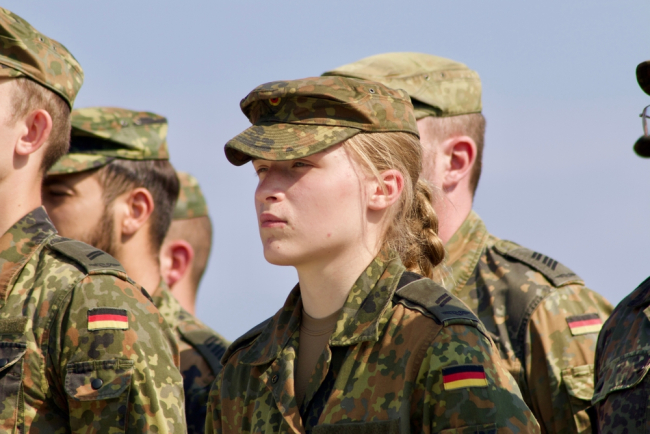
Quelle politique de défense en Allemagne ?
Face à la guerre en Ukraine et à l’instabilité géopolitique en Europe dans un cadre transatlantique perturbé, l’Allemagne a amorcé un tournant majeur dans sa politique de défense, avec une hausse significative des dépenses militaires, la modernisation de la Bundeswehr et le débat sur un éventuel retour du service militaire obligatoire.
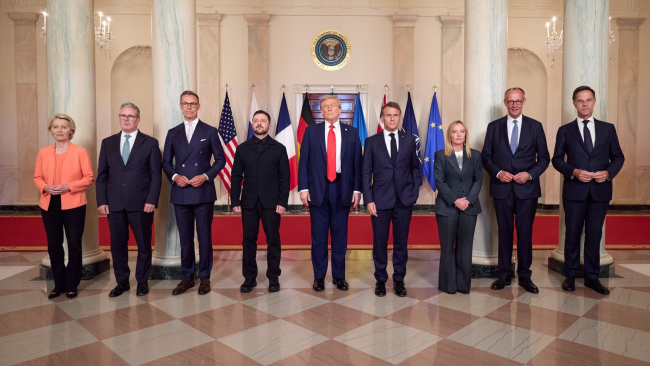
Quatre ans de guerre en Ukraine : verra-t-on la fin du conflit en 2026 ?
Un déjeuner débat autour de Tatiana Kastouéva-Jean, Directrice du Centre Russie/NEI, et Élie Tenenbaum, directeur du

Quel partenariat technologique avec l’Inde ?
Le 16ème Sommet UE-Inde, qui s’est tenu le 27 janvier à New Delhi en présence des dirigeants européens António Costa, Ursula von der Leyen, et du Premier ministre Narendra Modi, marque un tournant dans le renforcement des liens entre l'Union européenne et l'Inde. Parallèlement, les visites bilatérales se multiplient, à l’image de celle du Président français qui s’est rendu en Inde mi-février pour participer au Sommet sur l’Intelligence Artificielle.



